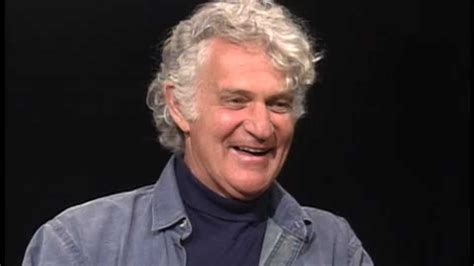A Quote by Donald Hall
Horace, when he wrote the Ars Poetica, recommended that poets keep their poems home for ten years; don't let them go, don't publish them until you have kept them around for ten years: by that time, they ought to stop moving on you; by that time, you ought to have them right.
Related Quotes
Ten years dropped from a man's life are no small loss; ten years of manhood, of household happiness and care; ten years of honest labor, of conscious enjoyment of sunshine and outdoor beauty; ten years of grateful life--one day looking forward to all this; the next, waking to find them passed, and a blank.
In the ordinary jumble of my literary drawer, I sometimes find texts I wrote ten, fifteen, or even more years ago. And many of them seem to me written by a stranger: I simply do not recognize myself in them. There was a person who wrote them, and it was I. I experienced them, but it was in another life, from which I just woke up, as if from someone else's dream.
You should look ahead now and decide what you want to do with your lives. Fix clearly in your mind what you want to be one year from now, five years, ten years, and beyond. Write your goals and review them regularly. Keep them before you constantly, record your progress, and revise them as circumstances dictate.
To aspiring writers, I would tell them that we live in a wonderful time where you're able to make your work visible, easily. If you think about it, even ten years ago or twenty years ago, there was a middle man, there was a publisher, there were studios, there was this world of rejection letters. Now, we're in a place where we have the technology and the ability to go shoot our own movies or to put stuff on YouTube or a blog, if you're a writer, or self-publish.
If a thing can be said in ten words, I may be relied upon to take a hundred to say it. I ought to apologize for that. I ought to prune, pare and extirpate excess growth, but I will not. I like words—strike that, I love words—and while I am fond of the condensed and economical use of them in poetry, in song lyrics, in Twitter, in good journalism and smart advertising, I love the luxuriant profusion and mad scatter of them too.
"The myths," says Horace in his Ars Poetica, "have been invented by wise men to strengthen the laws and teach moral truths." While Horace endeavored to make clear the very spirit and essence of the ancient myths, Euhemerus pretended, on the contrary, that "myths were the legendary history of kings and heroes, transformed into gods by the admiration of the nations." It is the latter method which was inferentially followed by Christians when they agreed upon the acceptation of euhemerized patriarchs, and mistook them for men who had really lived.
To become a chess grandmaster also seems to take about ten years. (Only the legendary Bobby Fisher got to that elite level in less than that amount of time: it took him nine years.) And what's ten years? Well, it's roughly how long it takes to put in ten thousand hours of hard practice. Ten thousand hours is the magic number of greatness.







































